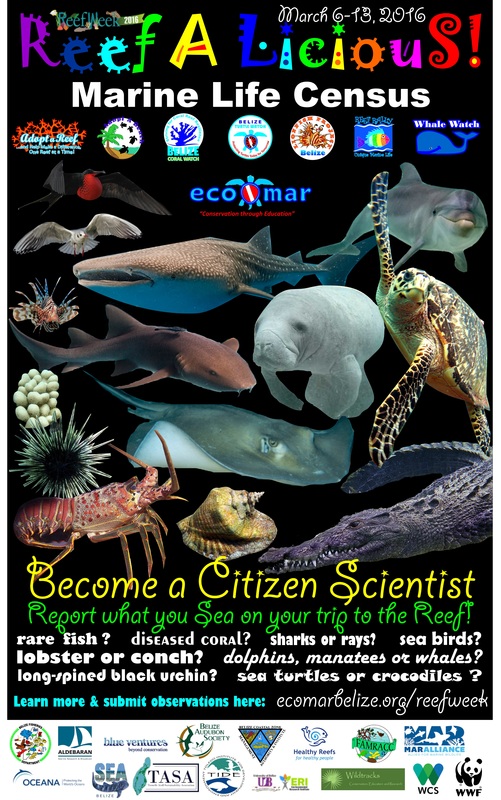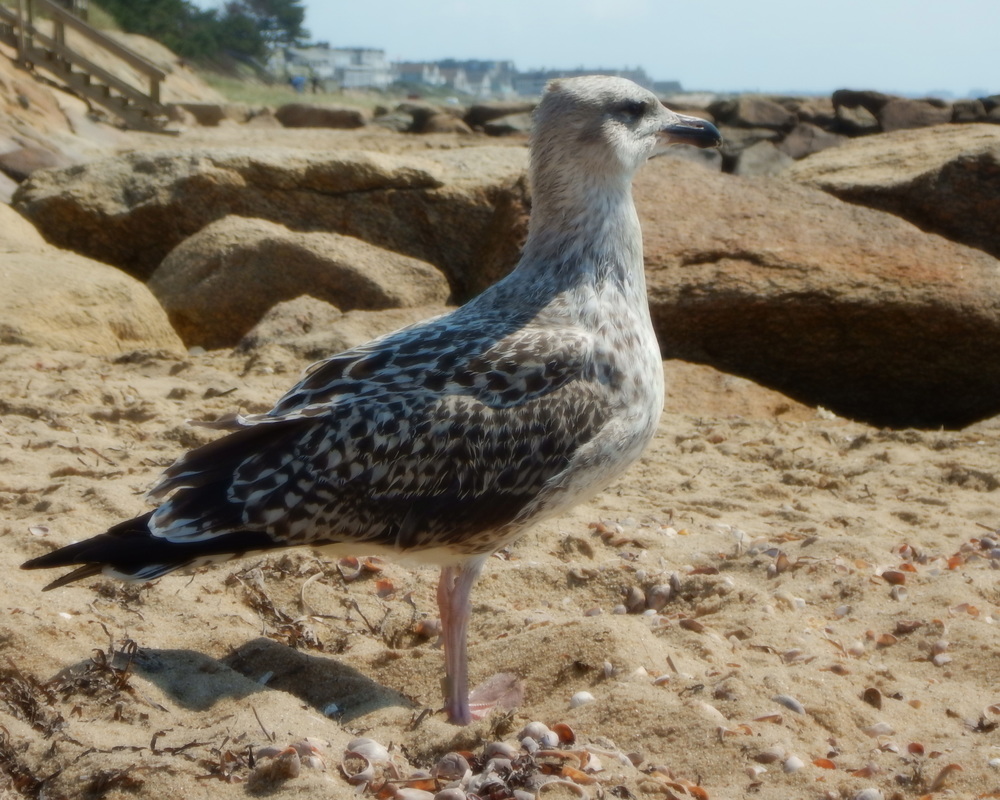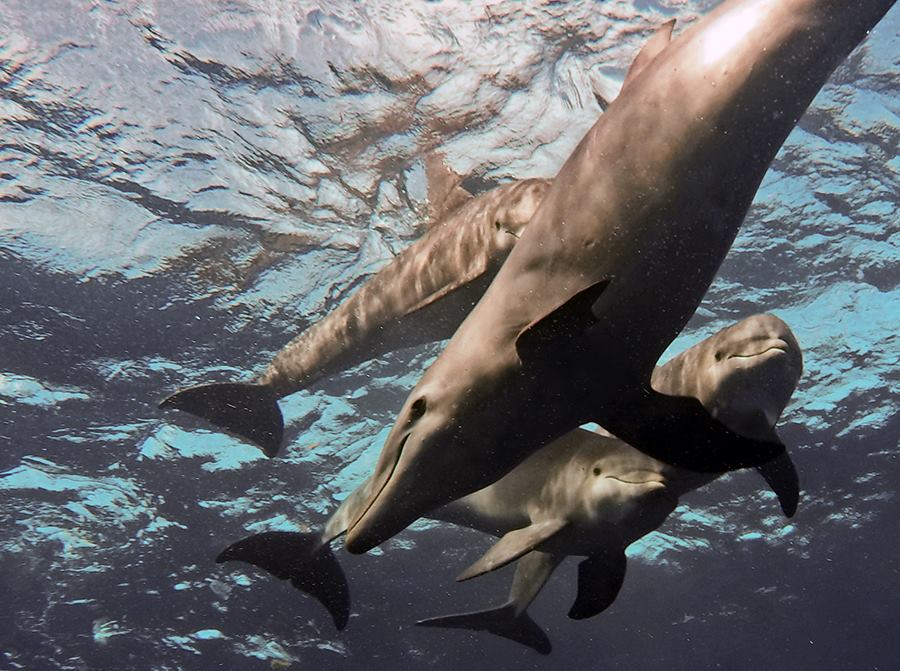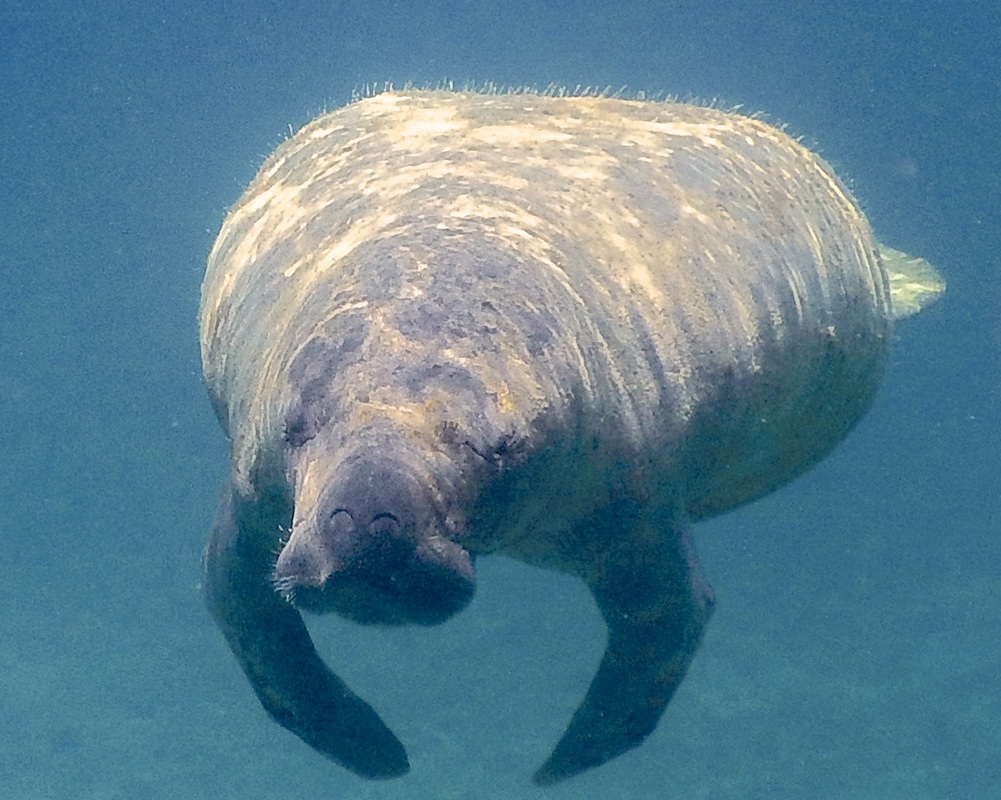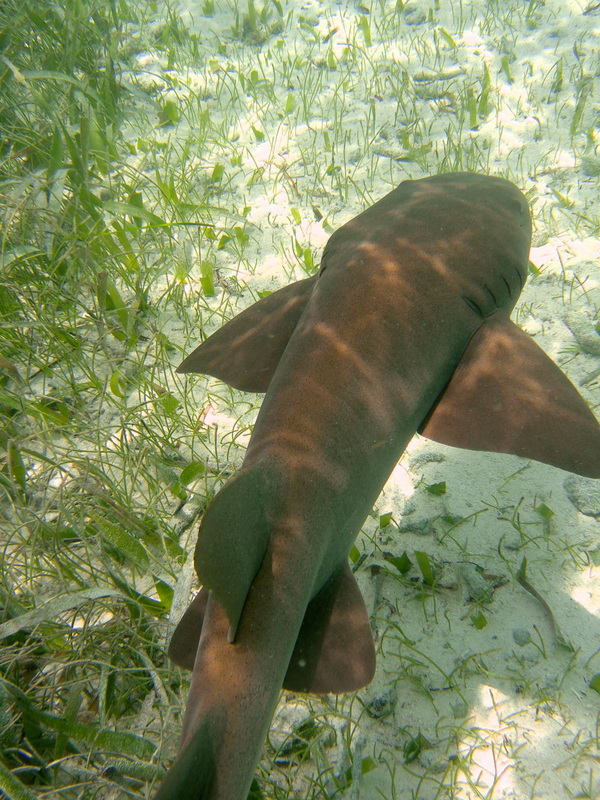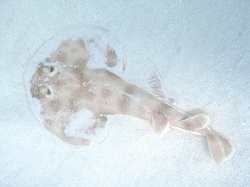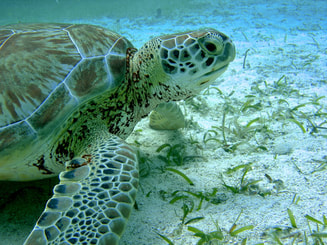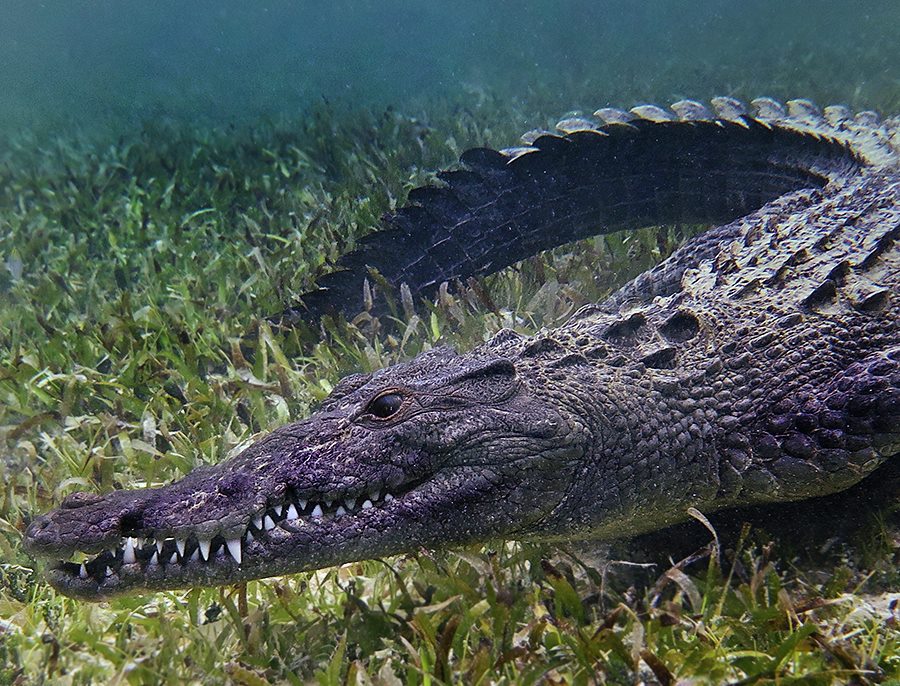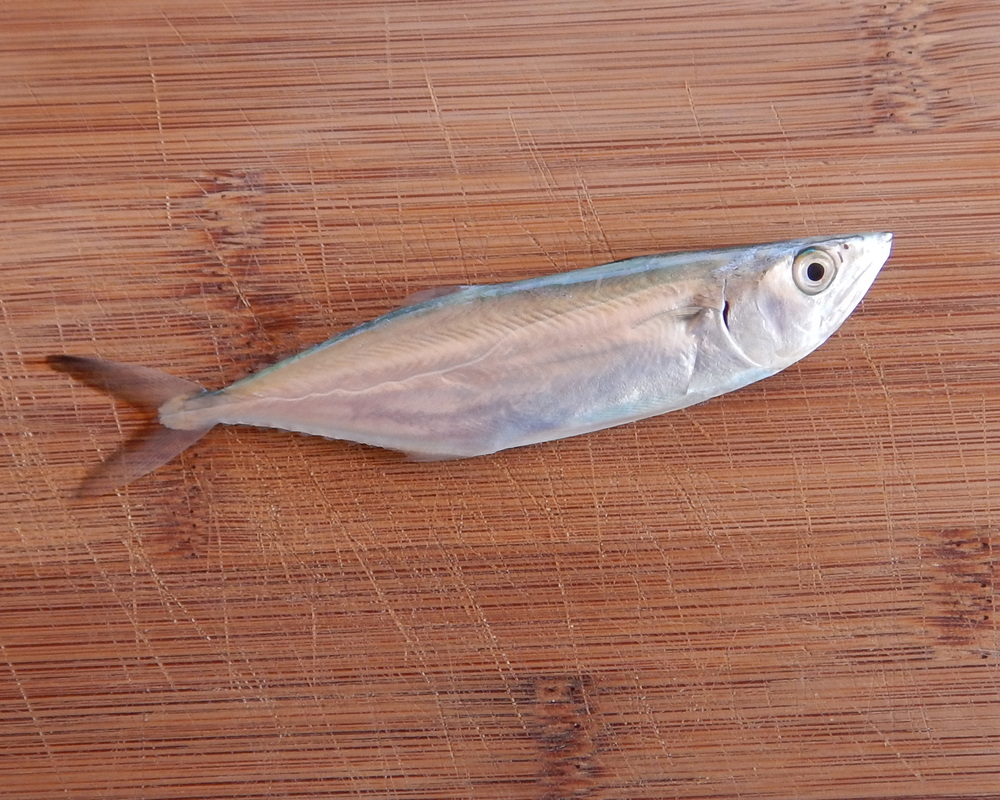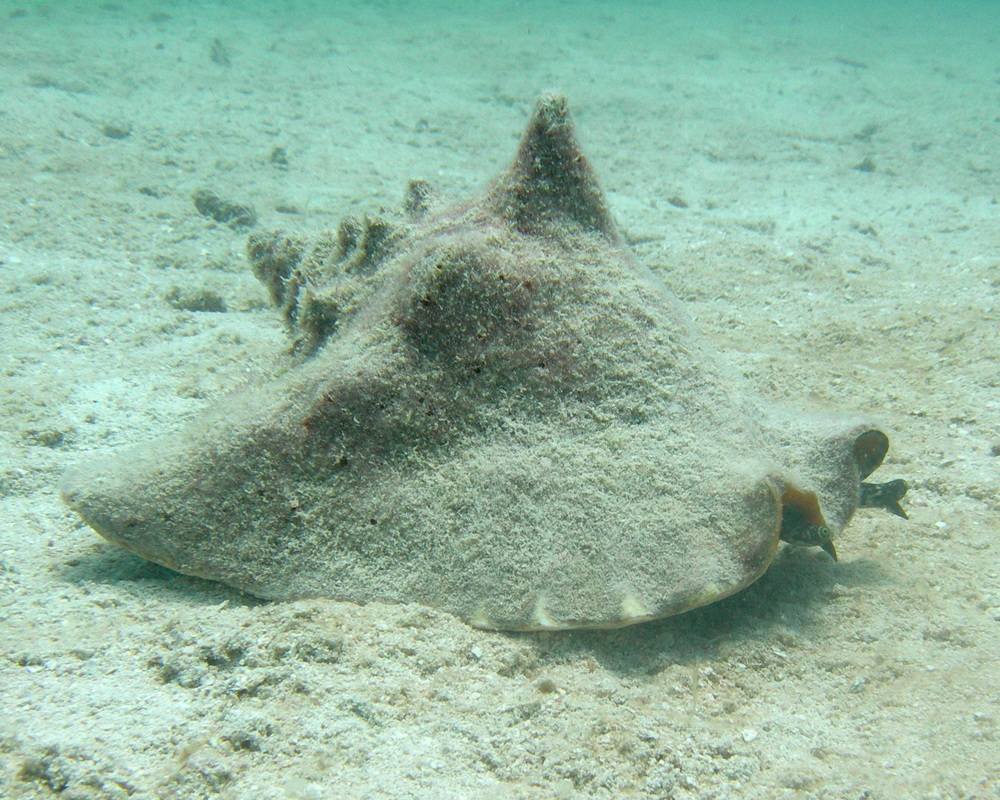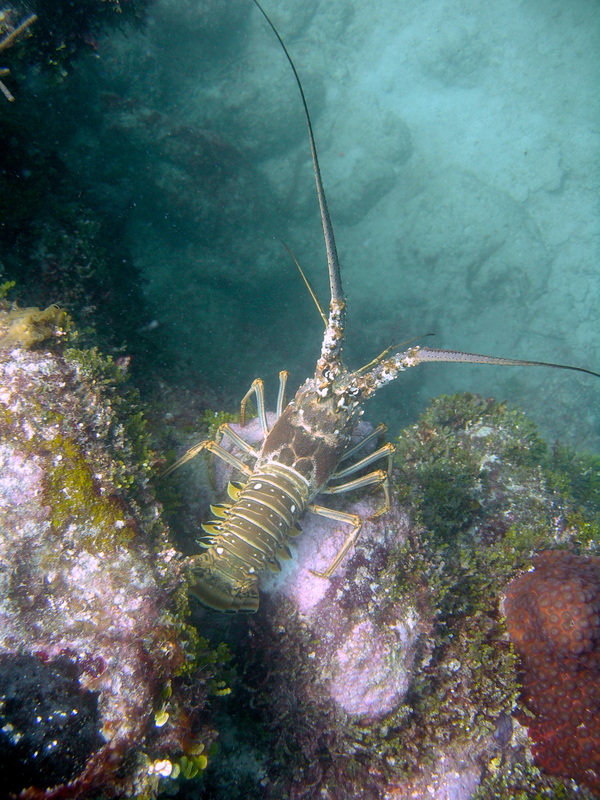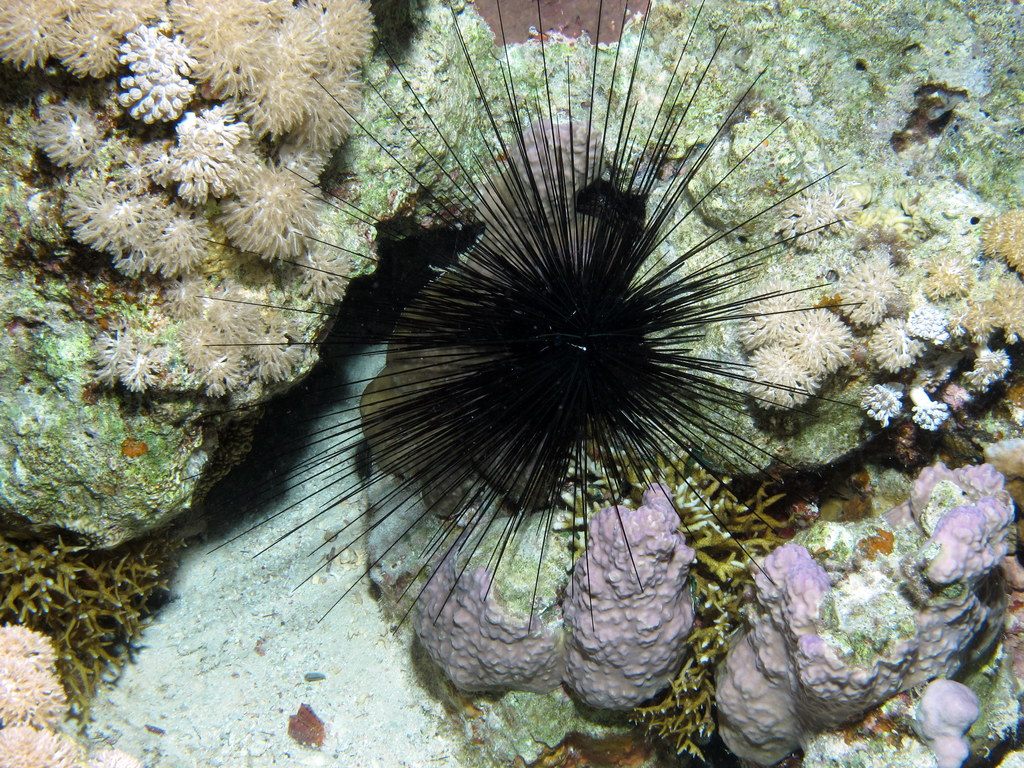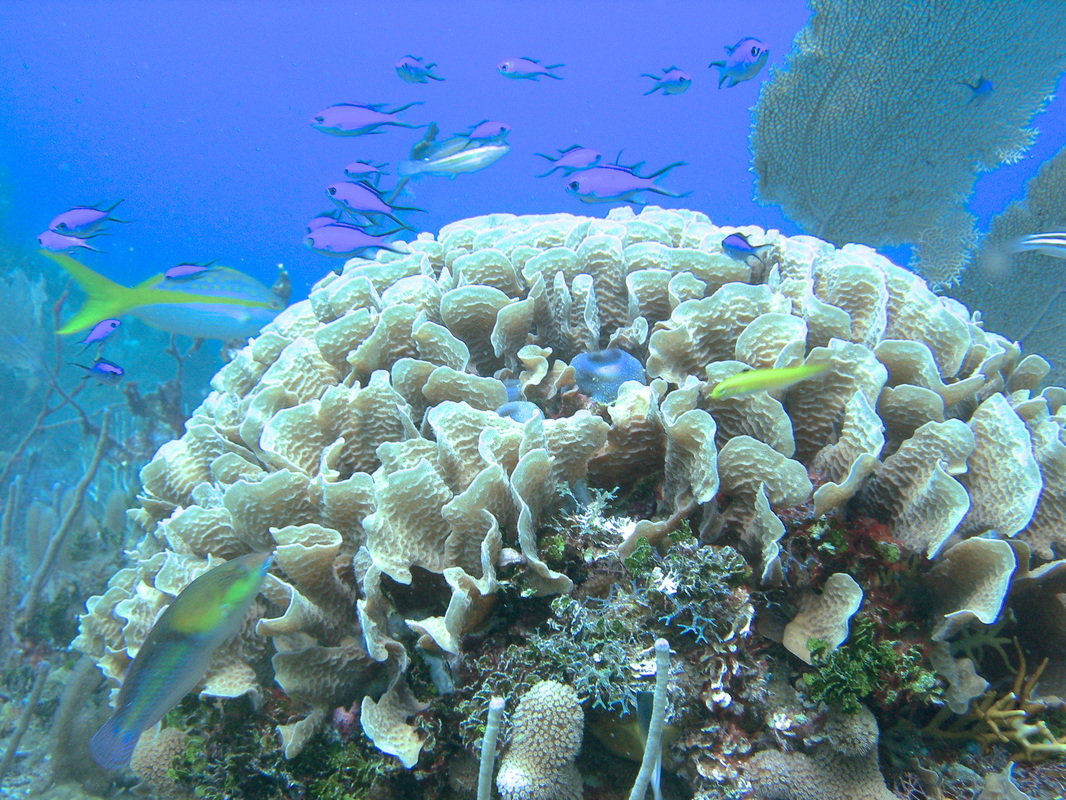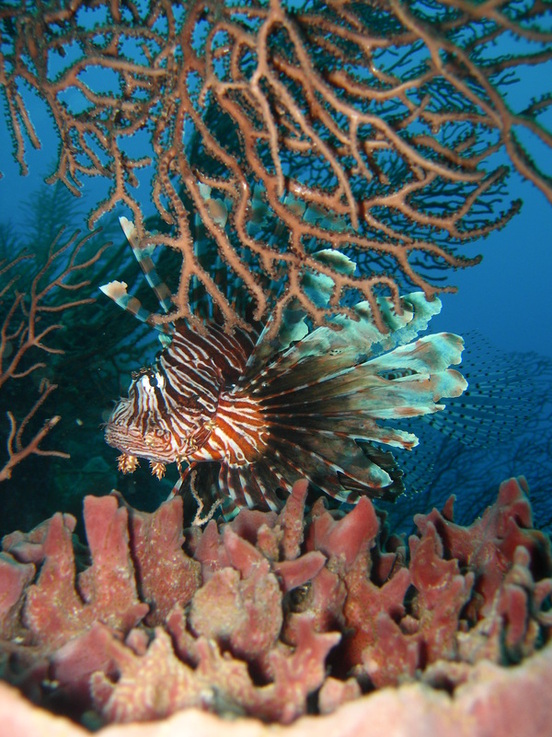Belize Reef 365 recognizes the important of a healthy ocean to support the livelihoods of many. Launched in 2008 in celebration of Year of the Reef as Reef Rally, the program was created to document unique observations of marine life observed on the Belize Barrier Reef and to document whales migrating between Turneffe and Lighthouse Atolls. With the new technology in smart phones it's more easy document these rare sightings and submit your report!
There are two ways to participate:
1. Submit unique marine life observation
Use for one time observations of rare ocean marine life.
2. Submit report of your observations on your trip to sea.
Read on below for more details on what types of sea life to include in your report.
1. Submit unique marine life observation
Use for one time observations of rare ocean marine life.
2. Submit report of your observations on your trip to sea.
Read on below for more details on what types of sea life to include in your report.
|
A visit to a coral reef to observe the different types of marine life encountered is an amazing opportunity and one that should not be taken for granted! Many people around the world don't have this opportunity and travel thousands of miles to Belize just to see OUR reef. Lets showcase how important and diverse the reef is by documenting the marine life that can be observed in one day! For each site you visit during Reef Week please record the following information:
|
|
Marine Mammals
|
Rays are commonly observed when visiting the reef, the most common species is the southern stingray and spotted eagle ray, and in the shallow reef you will also likely see the yellow stingray. Manta rays and electric rays are not commonly sighted.
See link below for images of more common sharks and rays:
Florents Guide to Florida, Bahamas & Caribbean Marine Life
| |
Marine Reptiles
|
Rare FishThe whale shark is the largest fish in the sea, and Belize is a hot spot for these plankton feeders. Plankton are tiny animals that float in the sea and the whale shark dines on fish eggs off Gladden Spit.
Other rare fish include the larger parrotfish, like midnight, rainbow or blue. The blue hamlet and angelfish are rarely sighted in Belize. This juvenile kingfish was captured in a cast net throw for bait fish. |
Commercial Fishery Products
|
The closed season for lobster is from Feb 15 to June 15 , while conch season is closed from July 1- September 31, but some years the season is closed early as the quota set by the Fisheries Department is reached earlier.
|
Long-spined Black UrchinMore than three decades ago in 1983, a widespread die-off of the long-spined black urchin, AKA Diadema antillarum, occurred in the Caribbean Sea. This echinoderm is a very important contributor to the coral reef ecosystem as they feed on algae (plants) that may otherwise outcompete and overgrow corals. Diadema are nocturnal and feed at night so during the day you will need to look for them in coral crevices on the reef. Be careful not to touch because if one of the spines punctures your skin and get's lodged in the tissue it will be very painful to remove! Record how many you observed on the reef.
|
Stressed CoralLess noticeable to the untrained eye is coral that is either diseased or is bleaching. Healthy coral are smooth and come in a variety of different shades of green, tan and dark brown. If they appear colorful or bright white they are likely bleaching, or if they are grey and fuzzy, they are very likely dead. Black band or white band disease are more easily identified. Record any disease of bleaching that you recognize.
|
Invasive Species - LIONFISHLionfish are native to the Indo-Pacific Oceans but now inhabit Caribbean Sea reefs and other areas in the Atlantic Ocean, thanks to the marine aquarium industry. Lionfish have no native predators and the concern is that they will consume critical reef species and will have a negative impact on the already stressed coral reef ecosystem, including key fishery species like the spiny lobster. Lionfish are found on coral reefs, in mangroves, and along piers. Lionfish are safe to eat, just be very careful when capturing or handling culled lionfish as their 18 venomous spines can inject a painful toxin. Record how many lionfish you see on your trip.
|

